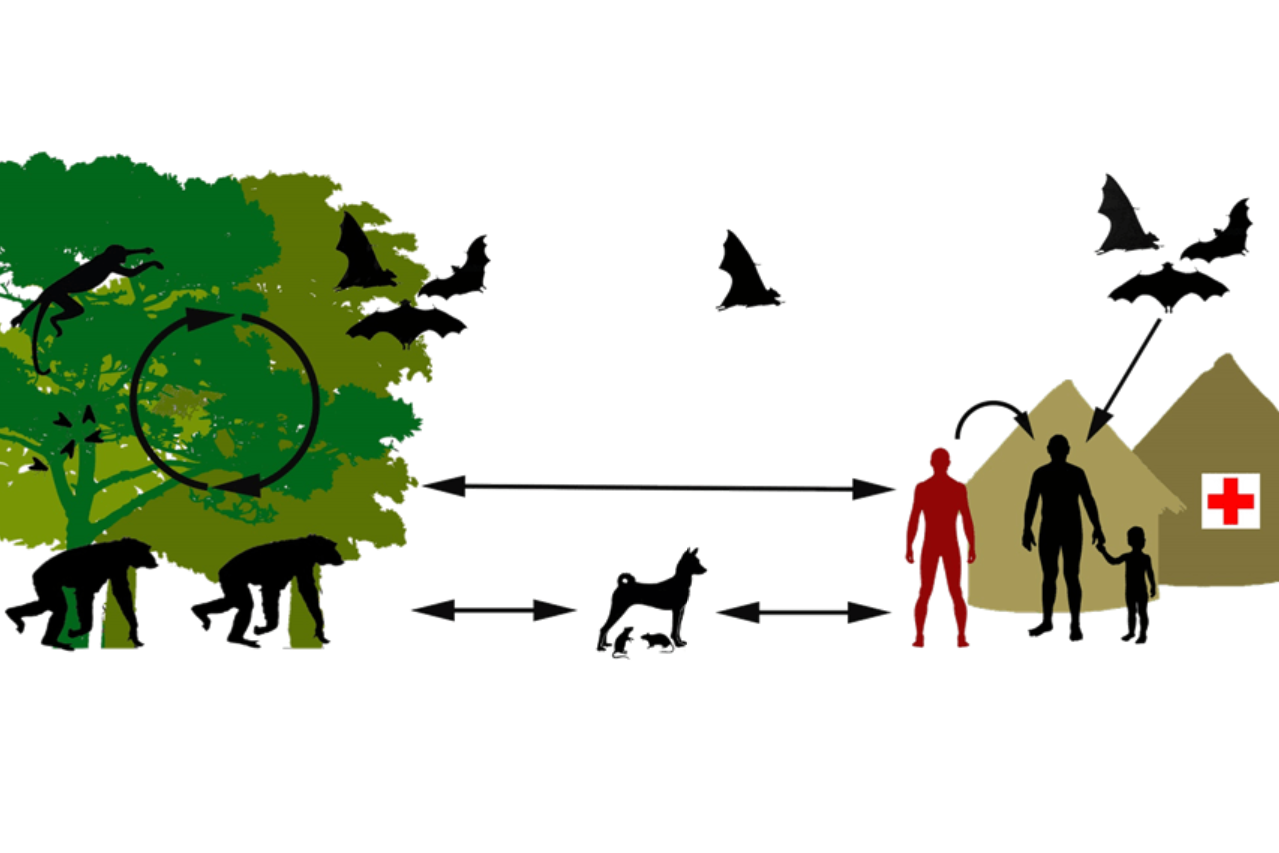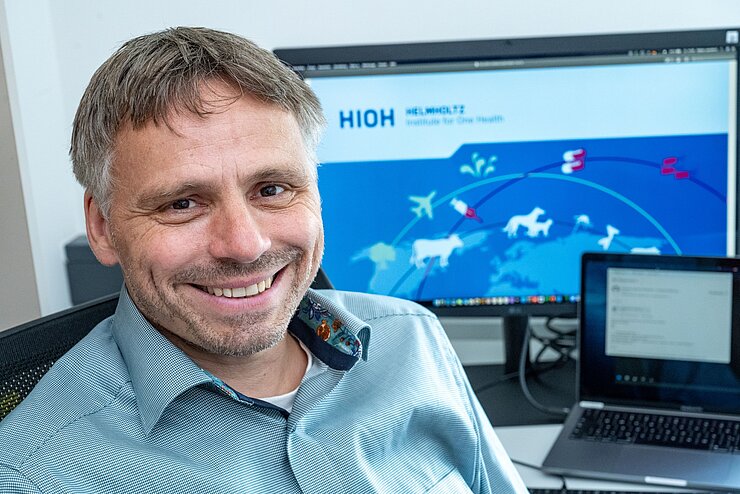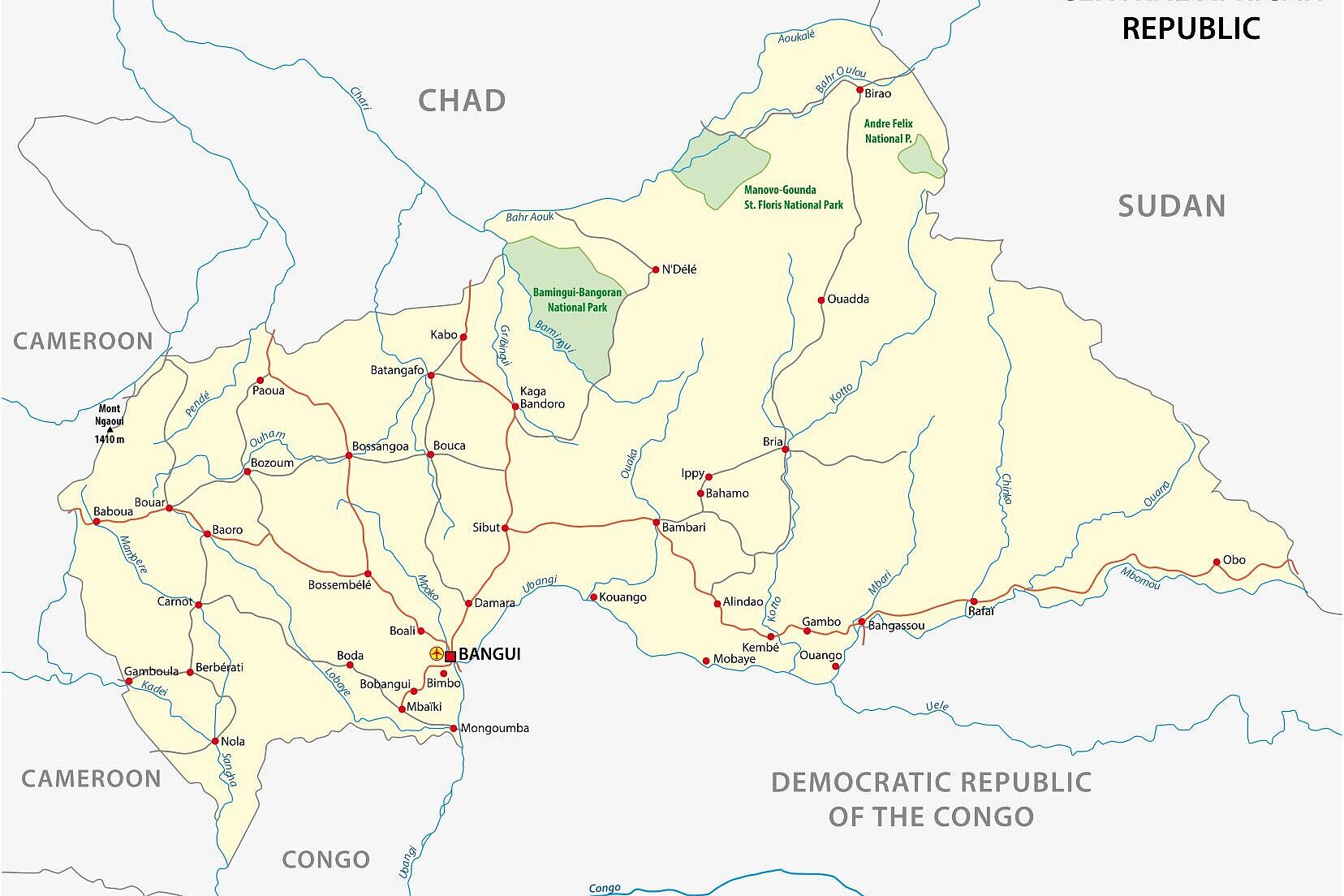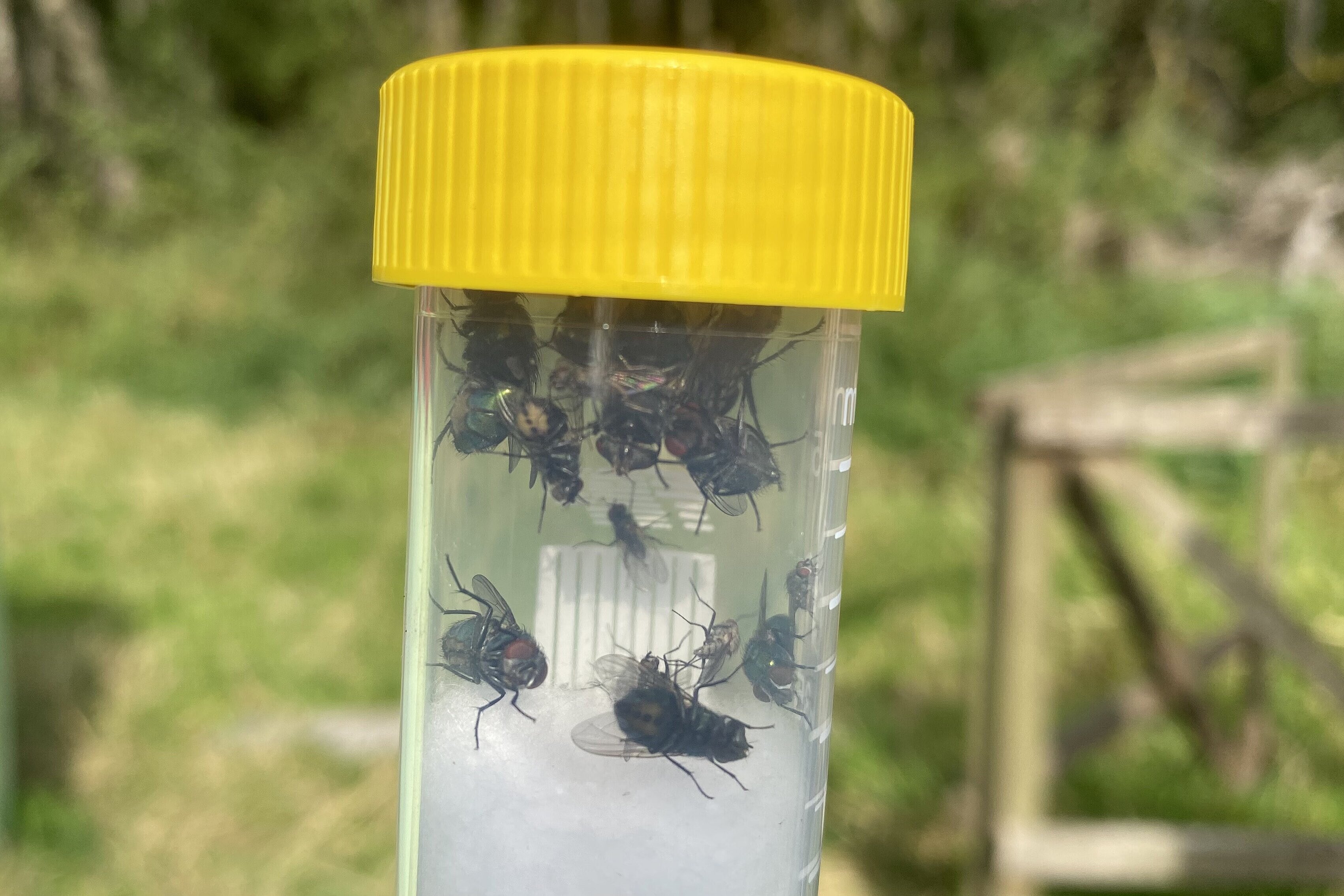In accordance with a decision made in November 2019, the Helmholtz Centre for Infection Research is establishing a new location in Greifswald: the Helmholtz Institute for One Health (HIOH). One Health research investigates the interface between human health, animal health and the environment. For this purpose, the HIOH combines the competences of the HZI with those of the University of Greifswald, the University Medical Centre Greifswald and the Friedrich-Loeffler-Institute in one interdisciplinary institution.

Exploring humans, animals and the environment as one
"Human pathogens also endanger wild animals and we need to protect them from these germs"
The coronavirus pandemic has shown just how promising the One Health approach is. Even though the exact origin of SARS-CoV-2 is still unknown, a spread from bats is considered the most likely source. Therefore, global human health cannot be viewed in isolation. It is a result of the interaction between humans, animals and the environment. Climate change and intrusion into undisturbed habitats also increase contact with myriad known and unknown pathogens. The result may be new infectious diseases, including some with pandemic potential. "However, the transmission of pathogens between humans and animals is not a one-way street. Human pathogens also endanger wild animals and we need to protect them from these germs," says Prof Fabian Leendertz. The veterinarian was appointed founding director of the new institute in May.
Fabian Leendertz, who previously conducted research at the Robert Koch Institute in Berlin, has years of experience in investigating disease outbreaks in jungles, especially in Africa. In addition to the search for the origin of the 2014 Ebola epidemic, he has also researched anthrax in chimpanzees and recently published a highly acclaimed study on leprosy in the great apes. The scientists at HIOH will also conduct field research in less exotic countries. "Mecklenburg-Vorpommern has a strong agricultural character. This offers us the opportunity, for example, to study the transmission of antibiotic resistance between animals and humans," says Leendertz. In addition to new zoonotic pathogens and antibiotic resistance, the evolution of pathogens is the third research focus at HIOH. A total of three departments and three junior research groups are planned for this at the Greifswald site. A One Health Surveillance and a One Health Data Management and Analysis Platform complete the research programme. They collect comprehensive long-term data on human and animal health as well as environmental factors.
External experts have already reviewed this scientific concept of the HIOH. After the positive vote of the international group of experts and representatives of the Helmholtz Senate, the HIOH will now be officially founded. In the future, it will be housed in an institute building on the campus of the University of Greifswald. Until the move, the staff will work in rooms at the University and the University Medical Centre. An opening ceremony for the HIOH will take place in Greifswald on 26 April 2022. Afterwards, the HIOH will present itself to the professional public in a two-day symposium.
Author: Charlotte Wermser
![Dr Charlotte Schwenner [Translate to English:] Charlotte Schwenner](/fileadmin/_processed_/6/9/csm_Charlotte_Schwenner_7952cfe0a7.webp)




